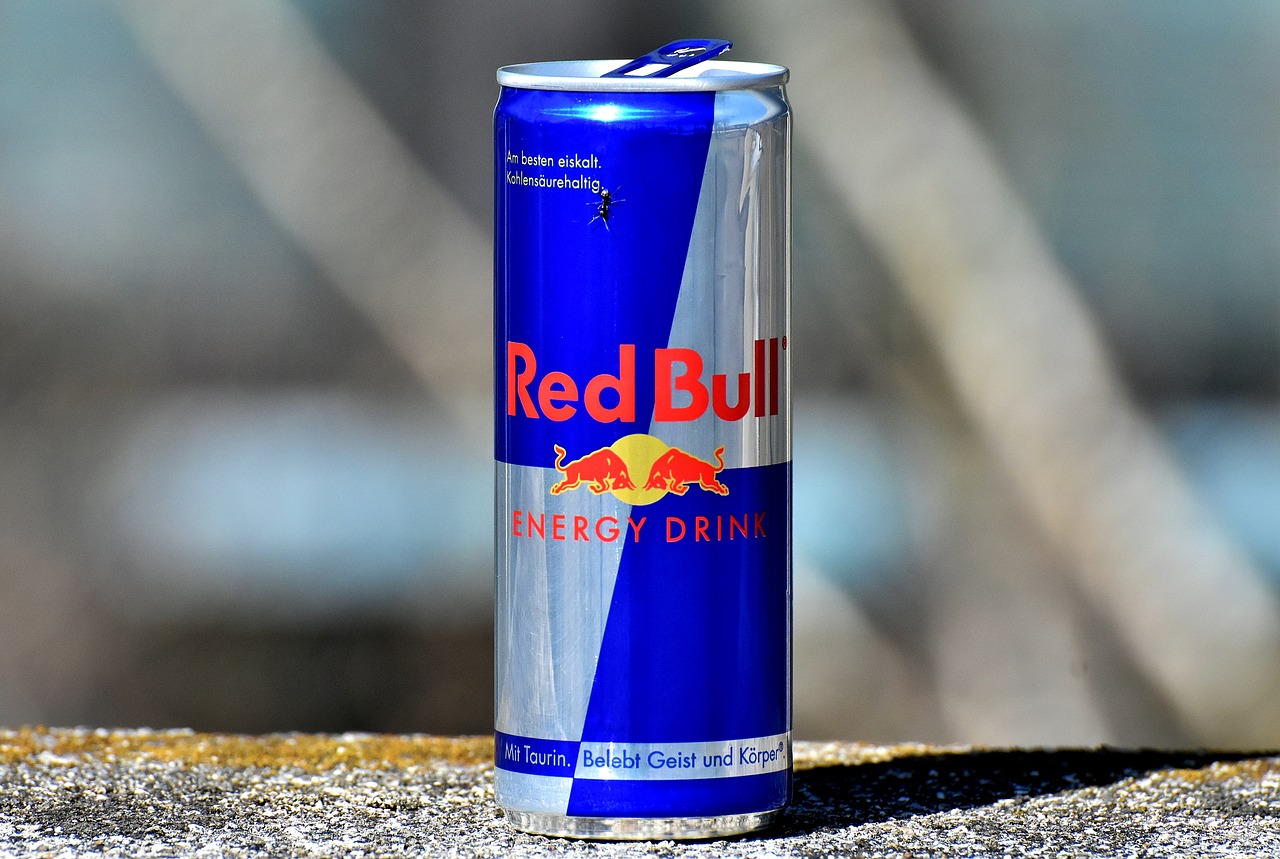
Taurine, an amino acid used in Red Bull and many other energy drinks, has been shown to slow aging in mice.
Vijay Yadav, a molecular physiologist at Columbia University Irving Medical Center, Parminder Singh, and a team of researchers found astonishing results in a recent study published in the prestigious journal Science.
The study looked at the effects of extra Taurine in mice, monkeys, and worms.
The researchers found that extra Taurine was so effective that it was able to increase the median lifespan of mice by 10 to 12%.
Taurine deficiency may be a driver for aging, finds a new Science study in several animal models. The results warrant clinical trials to examine taurine’s effect on healthy lifespan in humans.
: https://t.co/iJfI4rne7o#SciencePerspective: https://t.co/EdOKecgoqF pic.twitter.com/dekChiKRN3
— Science Magazine (@ScienceMagazine) June 8, 2023
Taurine seemed to directly improve the health of the mice as well, improving the function of its brain, gut, immune system, muscle, pancreas, and fat. This is incredibly important for a life-lengthening drug as there is little point to living much longer if one is in extremely poor health.
New: Taurine, a non-essential amino acid, increases lifespan and healthspan in mice and improves health in non-human primates.
Better bone density, exercise capacity, mitochondrial function. pic.twitter.com/WnrlRFuuI0
— P. D. Mangan Health & Freedom Maximalist (@Mangan150) June 8, 2023
These effects were also seen in the monkeys that received extra Taurine and in gut stem cells. C. Elegans worms had their median lifespans increase by a whopping 15% at the highest doses of supplemental Taurine used in the study.
The researchers aren’t yet sure if Taurine has a similar effect in humans but it is nonetheless quite promising.
What is Taurine?
Taurine is a bit of a strange beast in the world of amino acids. Most amino acids are strung together to create proteins but Taurine isn’t. That doesn’t mean it doesn’t have important functions within the body, however.
Taurine is used in energy production and is vital in helping digestion, brain development, and eye health. It is also an important neurotransmitter. This is why some energy drinks companies like Red Bull use Taurine. It suppresses receptors in the brain that normally trigger excitatory effects, supposedly causing a calming effect which may counteract the negative stimulating effects of caffeine.
This idea for this study was born out of observations that Taurine levels lowered as humans, monkeys, mice and other animals age.
Is Taurine a Fountain of Youth?
Taurine seems to be one of the most promising life-span-extending treatments that science has discovered. However, its effectiveness in humans has still not been shown in a rigorous scientific study. Even if it is shown to have an affect, it won’t be a miracle cure for aging.
This doesn’t mean we can’t get our hopes up a little and look into the amino acid more.
Taurine supplementation may also help improve the general health of people as well. Yadav and the other researchers painstakingly went through the data of about 12,000 to study the connection between Taurine levels and health.
The team found that people suffering from obesity or diabetes tended to have a lower concentration of Taurine in their blood. It’s important to note that this doesn’t prove that low Taurine contributes to these conditions. It merely shows a correlation between low levels of the amino acid and obesity and diabetes.
It’s certainly possible that obesity and diabetes cause Taurine levels to drop. The correlation is still quite interesting and absolutely merits new studies to dive deeper into Taurine’s effects. If it is found to help treat obesity and diabetes, the cheap chemical could reduce or even eliminate an inordinate amount of pain and suffering for many millions of people.
Related Articles:
- Best Biotech Stocks to Watch in 2023
- Twitter Co-Founder Says Elon Musk is Turning Twitter Into Yahoo or MySpace
- Elon Musk Refuses to Pay Twitter’s Google Cloud Bill, Threatening Loss of Tools Fighting Harassment, Spam, and CSAM
What's the Best Crypto to Buy Now?
- B2C Listed the Top Rated Cryptocurrencies for 2023
- Get Early Access to Presales & Private Sales
- KYC Verified & Audited, Public Teams
- Most Voted for Tokens on CoinSniper
- Upcoming Listings on Exchanges, NFT Drops